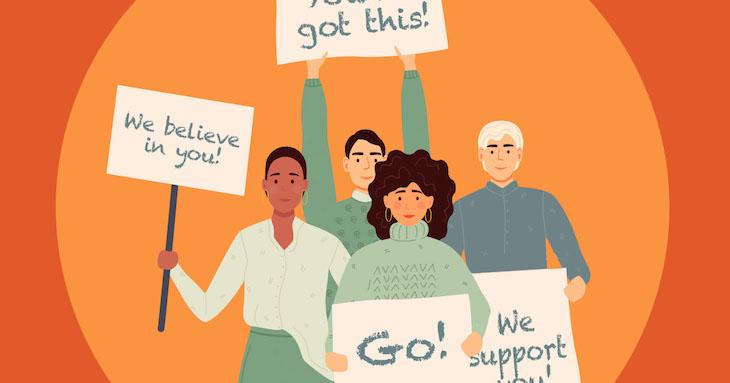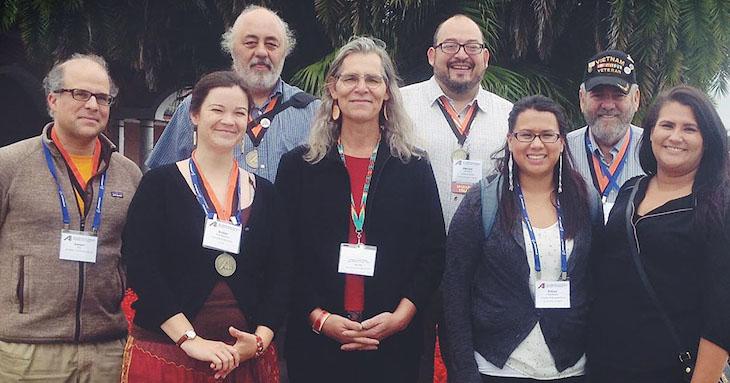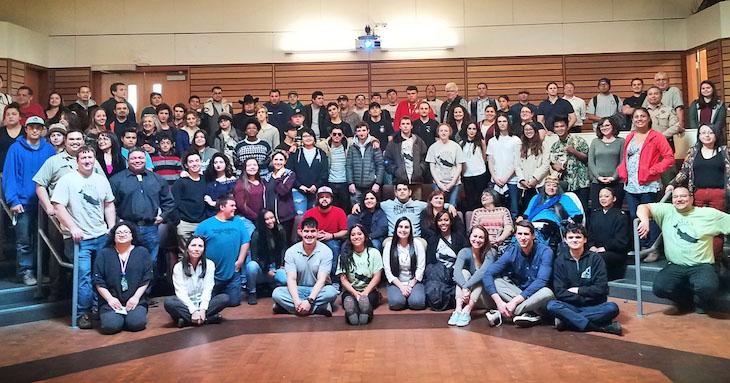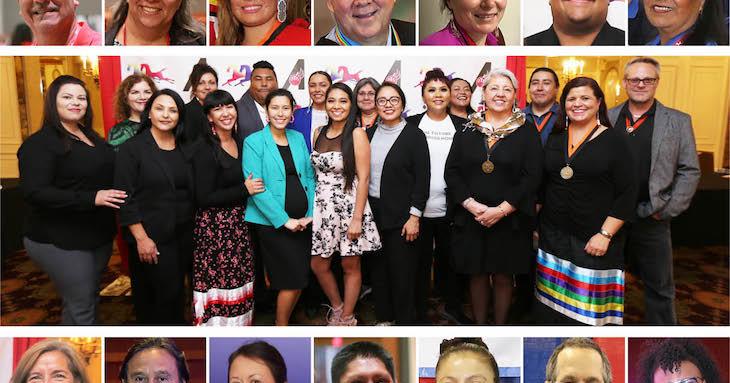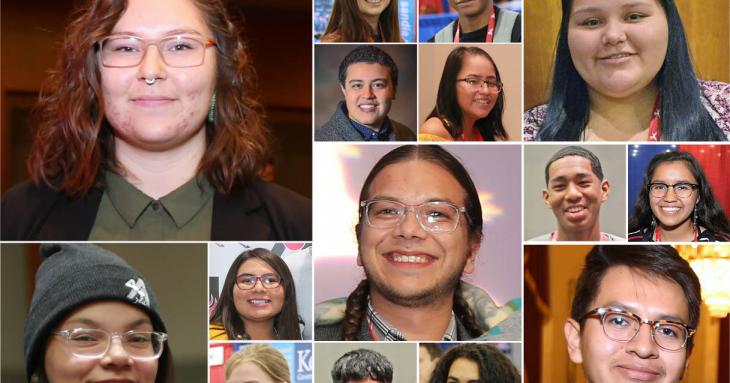-
Yes, You Really Do Belong: Getting on top of impostor syndrome
Does any of this sound familiar? You worry about meeting expectations and you credit “luck” for your accomplishments? What about feeling that other people are overestimating you, along with a secret fear that people will find out you’re not as capable as they think? If you have thoughts and feelings like that, you may be dealing with “impostor syndrome.” Also known as impostor phenomenon, it’s a nagging inner voice whispering that you don’t deserve your achievements — that you don’t really belong.
-
Yes, You Really Do Belong: Getting on top of impostor syndrome
You made it through school, you landed that job, and you are working your heart out. But there’s that nagging feeling — the whisper inside saying you don’t really belong or deserve your success.
-
Insider tips for first-generation college students
If you are a first-generation college student — or will be soon — your world is about to expand in a number of ways. According to the Online Journal for Workforce Education and Development, approximately 50 percent of today’s college students are in proud, but uncharted, territory as the first in their family to attend a four-year college or university. Whether you’re getting ready to attend school on campus or online, it’s a big deal.
-
Five Great Ways to Volunteer Through AISES
As a high school or college student, you may have been connected to AISES in any number of ways. Now, as a working professional, you may find it harder to keep those ties with the organization. One simple way to make sure you stay connected and involved — and support the AISES mission — is volunteering. There are many great ways to volunteer with AISES as a working professional. Here are just a few.
-
How to Start and Grow an AISES College Chapter
You did it! You made it to college and are ready to start making the most of everything your campus has to offer. As a Native student, your identity is part of who you are, and something you want to celebrate and explore with other likeminded students. One way to do that is to join or start an AISES College Chapter. Here’s how to start a chapter at your school.
-
How to make the most of the AISES National Conference
The countdown is on. It’s almost time for the AISES National Conference, an annual highlight for thousands of Indigenous professionals throughout North America and beyond. The conference will be making its virtual debut on a 100 percent online platform, giving participants new ways to make the most of three action-packed days. This year’s all-virtual format will include opening and closing ceremonies, a keynote address, a talking circle, expert-led topical sessions, research presentations, mixers, and Indian Country’s largest College and Career Fair.
-
How to make the most of the AISES National Conference
The AISES National Conference is known for breaking new ground every year, and 2020 will be no exception. This year’s event is 100 percent virtual and has the potential to bring together more STEM participants than ever before.
-
Not Hearing Back from Prospective Employers? Here Is What To Do.
Whew! You’ve just finished another interview, and you’re hoping to hear back soon. You constantly check your email and phone, but nothing comes through. As the days go by and you don’t hear anything, you wonder what your status is. You contact the company. If you’re lucky, you hear back right away. If not, you’re just left wondering. So what can you do when you aren’t hearing back from prospective employers?
-
How to Tell Your Native Story on a College Application
If you’re like most students, you’re not exactly looking forward to the high stakes college application process. How do you write the perfect essay? How do you share with reviewers everything you want them to know about you? Will sharing your Native heritage help make your application stand out? Here are some tips for telling your Native story on a college application.
-
How to Benefit from Feedback, Constructive and Otherwise
We’ve all heard it: workplace feedback, constructive or otherwise. Sometimes we’re expecting it, and sometimes we’re not. Whatever the circumstances, receiving criticism — or praise, for that matter — is a significant skill that can almost always be improved by applying some thought and practice. With companies and organizations spending millions every year on employee engagement programs — and workplace engagement levels at a record high in the United States — feedback conversations are in your work life to stay.




